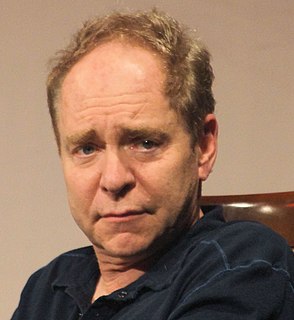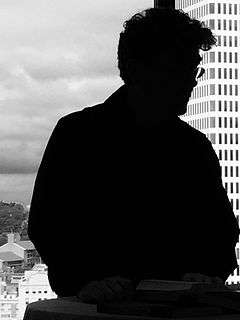A Quote by Francois de La Rochefoucauld
It is often merely for an excuse that we say things are impossible.
Related Quotes
The impossible often has a kind of integrity to it which the merely improbable lacks. How often have you been presented with an apparently rational explanation of something that works in all respects other than one, which is just that it is hopelessly improbable? Your instinct is to say, 'Yes, but he or she simply wouldn't do that.
The entire object of true education is to make people not merely do the right things, but enjoy the right things — not merely industrious, but to love industry — not merely learned, but to love knowledge — not merely pure, but to love purity — not merely just, but to hunger and thirst after justice.
I have often come across convinced adepts of Greek mythology who mock our faith under the pretext that we do not say anything else to those whom we instruct in divine things, but merely command them to believe.
They accuse the apostles of ignorance, labelling them barbarians, because they do not have the subtlety of eloquence; and they say that the cult of martyrs is ridiculous, considering it completely absurd for the living to seek assistance from the dead.
Ask anyone what that means, what it means to see a miracle, and they will say that it's something impossible, but they mean that a miracle is something formerly believed to be impossible that turns out not to be, not to be impossible, in other words, but possible after all. If this were really true, then miracles would be the most ordinary things in the world, the most uninspiring things in the world, and what can one expect from people who have never been anything but ordinary and uninspired.
So my antagonist said, "Is it impossible that there are flying saucers? Can you prove that it's impossible?" "No," I said, "I can't prove it's impossible. It's just very unlikely." At that he said, "You are very unscientific. If you can't prove it impossible then how can you say that it's unlikely?" But that is the way that is scientific. It is scientific only to say what is more likely and what less likely, and not to be proving all the time the possible and impossible.

































